10 Social Skills You Can Start Teaching Your Child Now
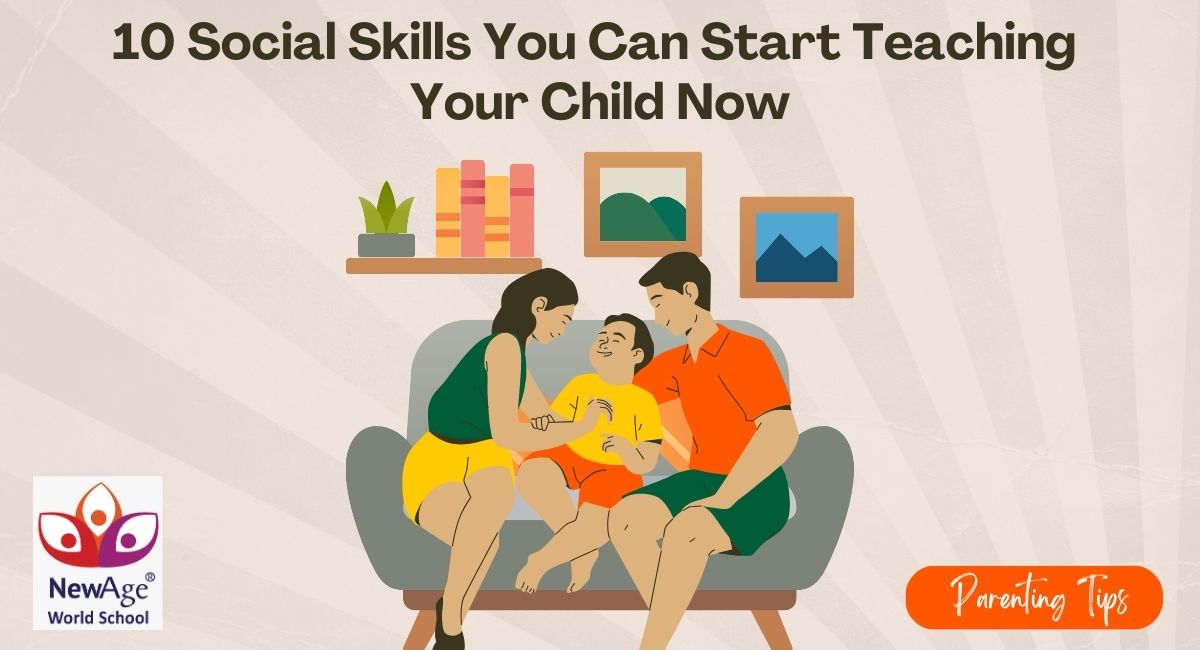
Table of content
Introduction
10 Essential Social Skills for Children
- Communication Skills
- Listening Skills
- Conflict Resolution
- Reading Social Cues
- Good Manners
- Respecting Personal Space
- Setting Boundaries
- Being Tolerant and Accepting
- Making Friends
- Being A Good Friend
Conclusion
FAQ
Introduction
As parents, we all want to equip our children with the skills they need to thrive socially and academically. Social skills are crucial for child development as they lay the foundation for personal interactions and future success in adulthood. This blog explores ten essential social skills that can help your child build better relationships, excel in daycare and kindergarten, and enhance their mental health and emotional intelligence.
10 Essential Social Skills for Children
1) Communication Skills
Good communication skills are vital. They involve talking and effectively conveying feelings and thoughts through body language, eye contact, and tone of voice. These skills help children express themselves clearly and understand others better.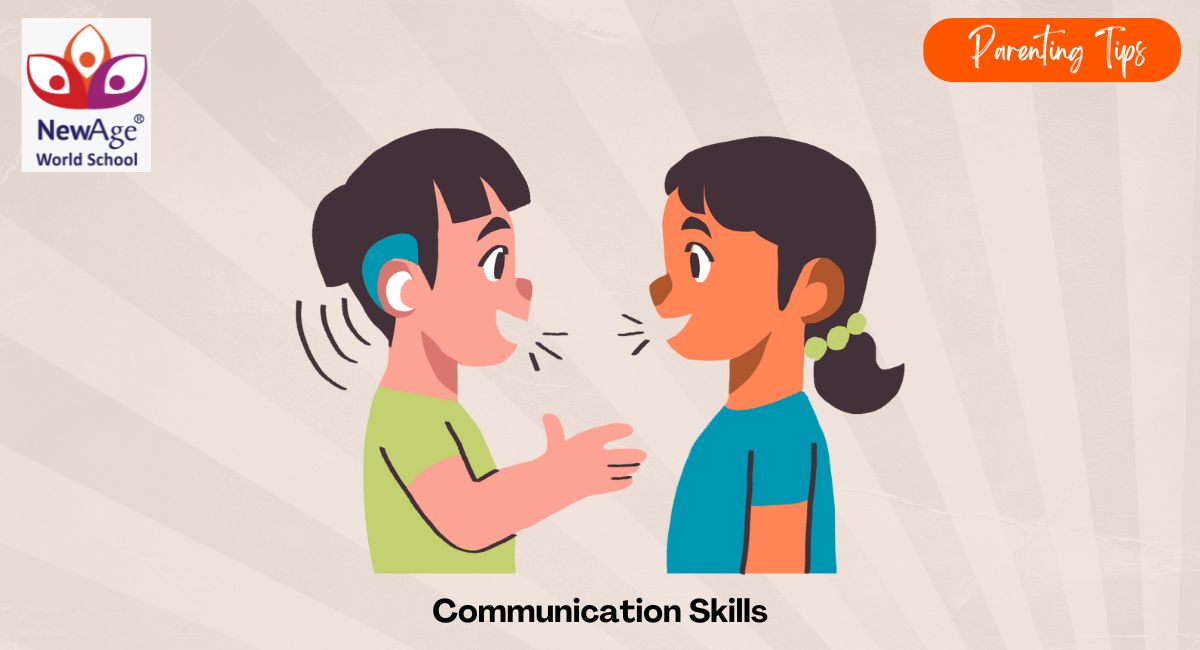
2) Listening Skills
Listening goes beyond hearing words; it is about understanding the message. It is critical for resolving conflicts and building trust, which are necessary for strong friendships and academic performance.
3) Conflict Resolution
Learning how to resolve disagreements constructively is vital. These skills involve problem-solving and negotiation, helping children handle disagreements without escalation.
4) Reading Social Cues
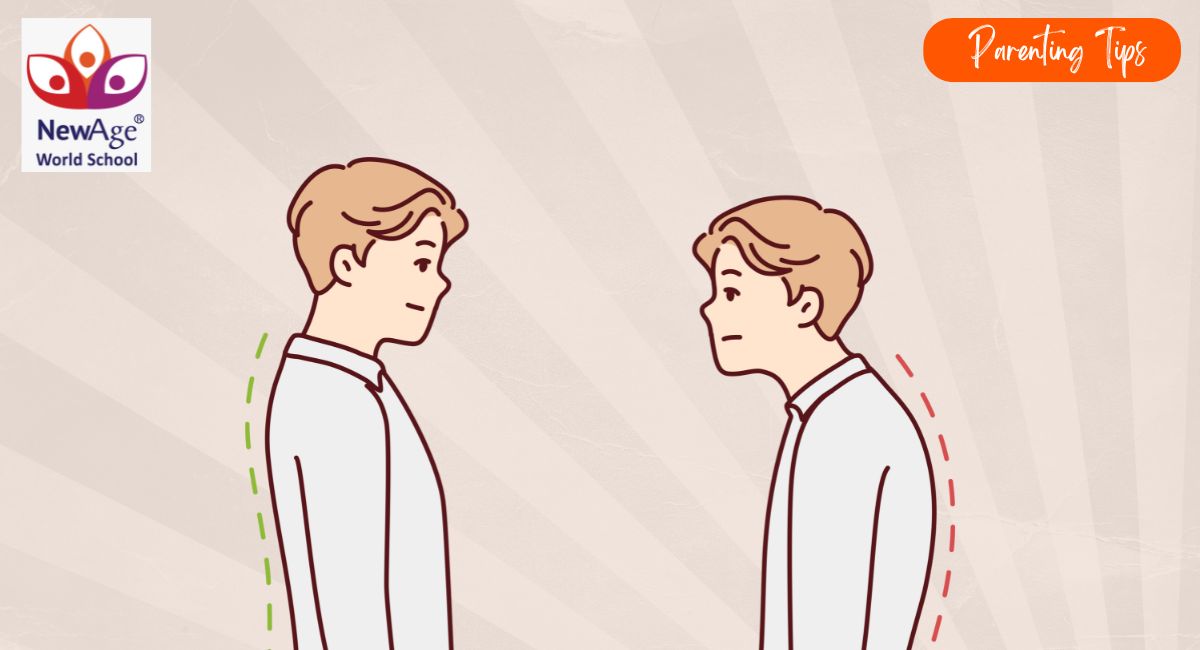
Understanding non-verbal signals like facial expressions and body posture can greatly improve how children interact with others, enhancing their ability to empathize and respond appropriately.
5) Good Manners
Using simple courtesies like saying "please" and "thank you" shows respect for others and fosters positive interactions.
6) Respecting Personal Space
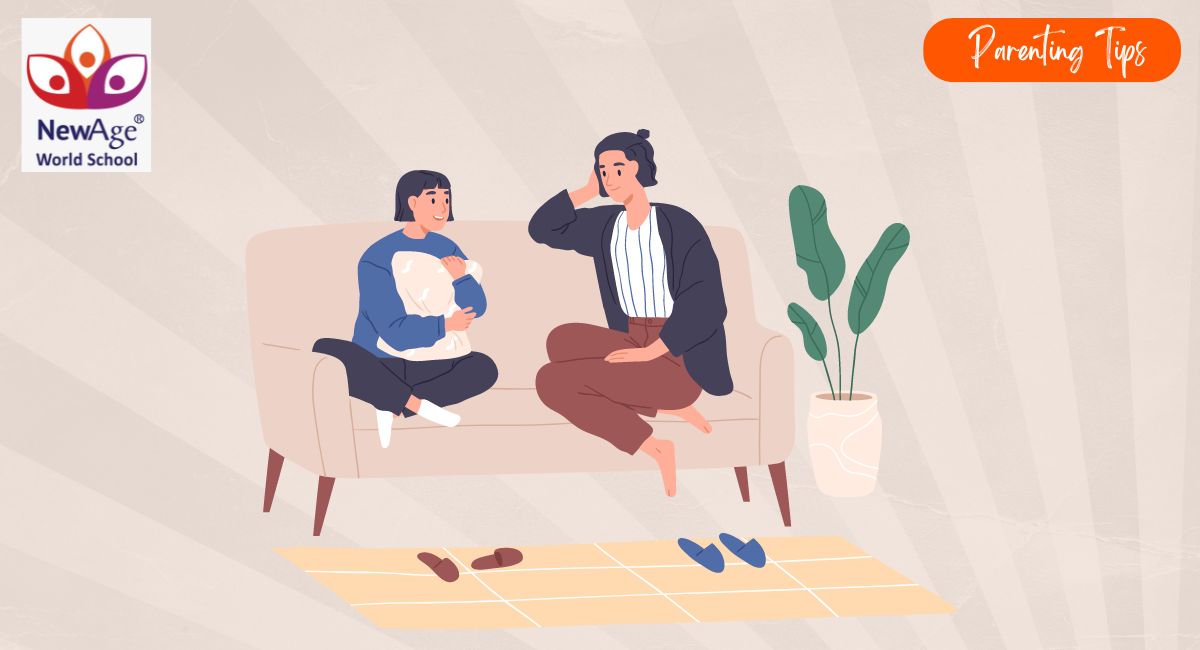
Teaching children to understand and respect personal boundaries promotes safety and comfort in social situations.
7) Setting Boundaries
Children need to learn how to say something confidently when something is wrong. This helps them feel good about themselves and understand their emotions better.
8) Being Tolerant and Accepting
Accepting and appreciating others' differences without judgment encourages inclusivity and teaches children the value of diversity.
9) Making Friends
Friend-making skills, such as showing kindness, sharing, and cooperating, are fundamental for building and maintaining relationships.
10) Being A Good Friend
Being reliable, honest, and supportive are traits that help sustain long-term relationships and are essential for success in adulthood.
Conclusion:
Remember to practice good social skills as often as possible. Like any other new skill, you might feel nervous when you start practicing or frustrated if you do not get them right on the first try.
However, your social skills will eventually improve if you have courage and do not give up. Mistakes and failures are bound to happen when working with a new skill. Be patient and forgive your social mistakes.
If you are having trouble getting along with others, turn to supportive people for help, such as your parents, a counsellor, or a therapist.
A small note from NewAge World School

NewAge World School ranks among the best ICSE schools in North Bangalore, dedicated to nurturing young talents. Our curriculum is thoughtfully designed to equip students with the skills needed to navigate the challenges of today's society. We focus on the holistic development of each student, ensuring that learning extends beyond the classroom. Our school provides numerous opportunities for students to explore their passions through various co-curricular activities, including art and craft, physical education, yoga, debate, music (keyboard, drums, guitar, violin, and vocal training), dance, and much more. To learn more about our admission process, click here.
If you found this
article useful, please like, share, and leave your comments below.
Frequently Asked Questions
Can improving social skills really help my child academically?
Yes, strong social skills improve listening and following directions, which are directly linked to better academic performance and classroom behaviour.
What are the signs that my child might need help with social skills?
Difficulty making friends, frequent conflicts, or reluctance to participate in social activities may indicate that your child needs support in developing social skills.
How can I help my child improve their social skills?
Encourage your child to interact with peers, provide positive feedback, and create teachable moments to practice skills like sharing and listening.

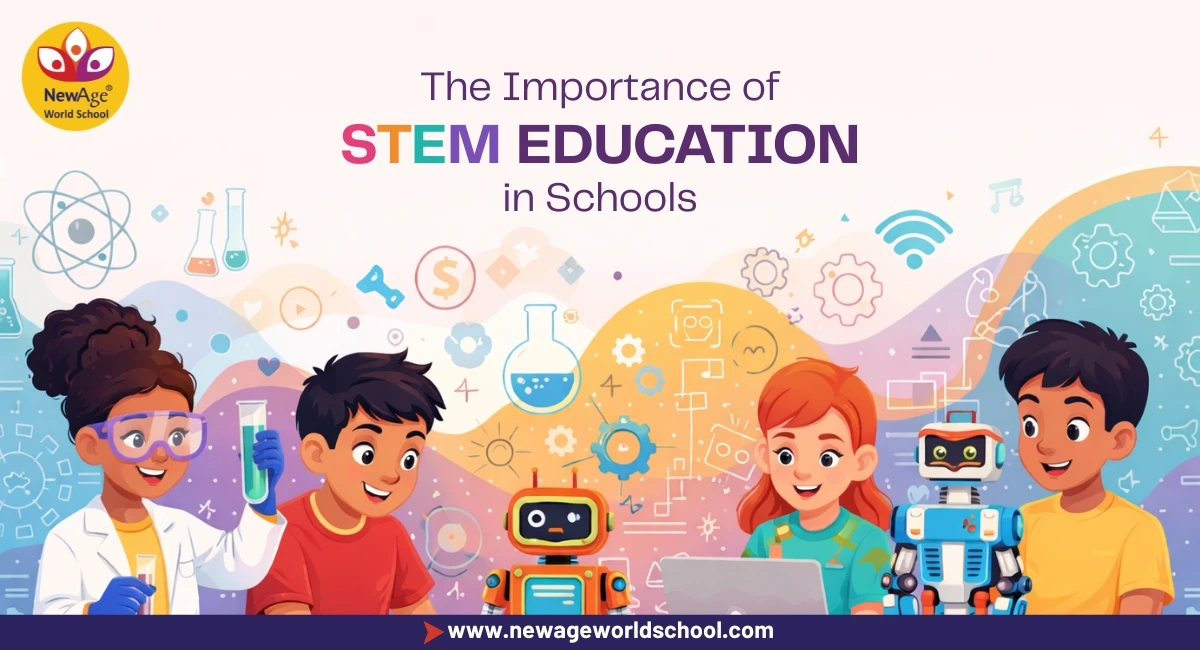


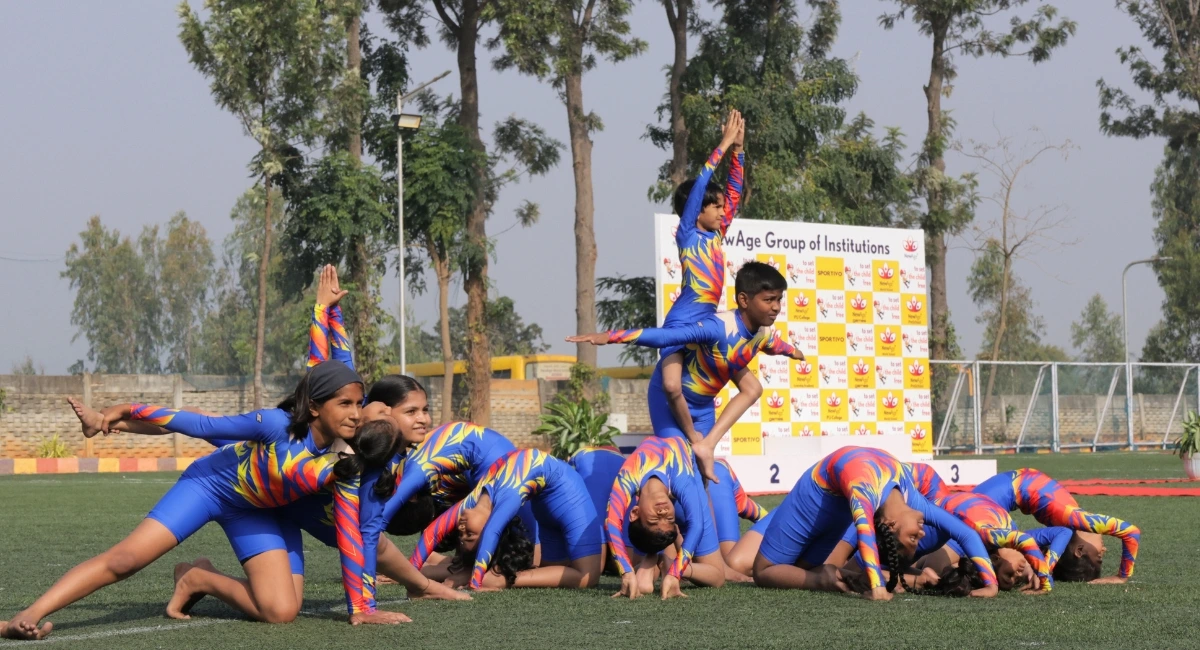





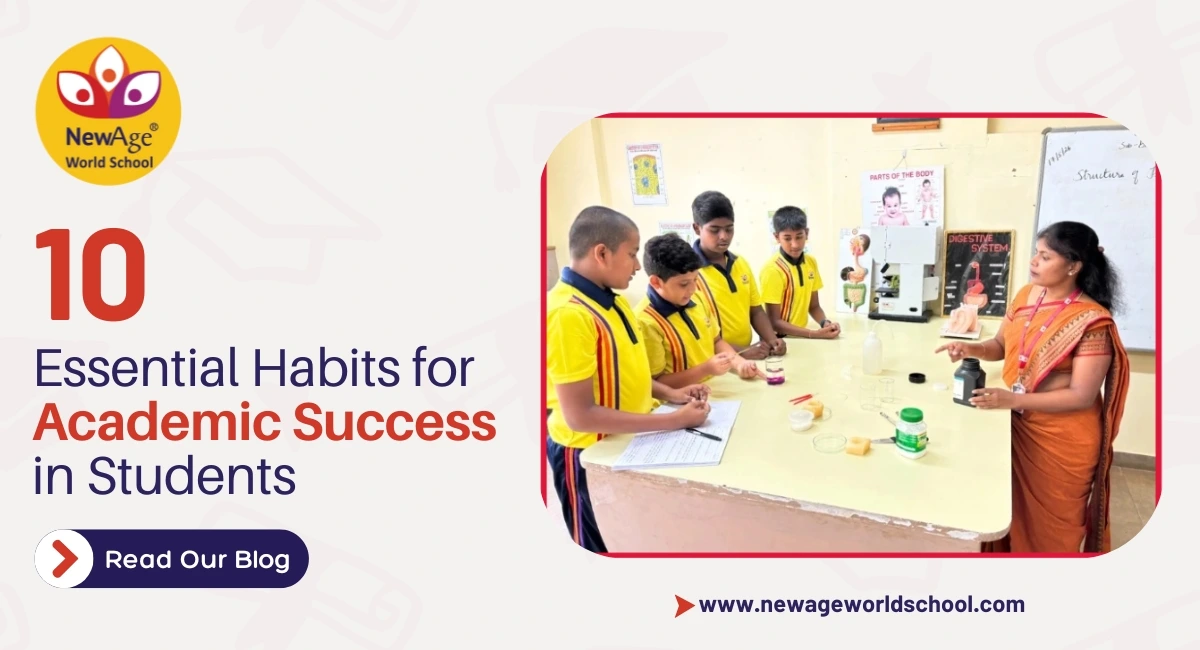


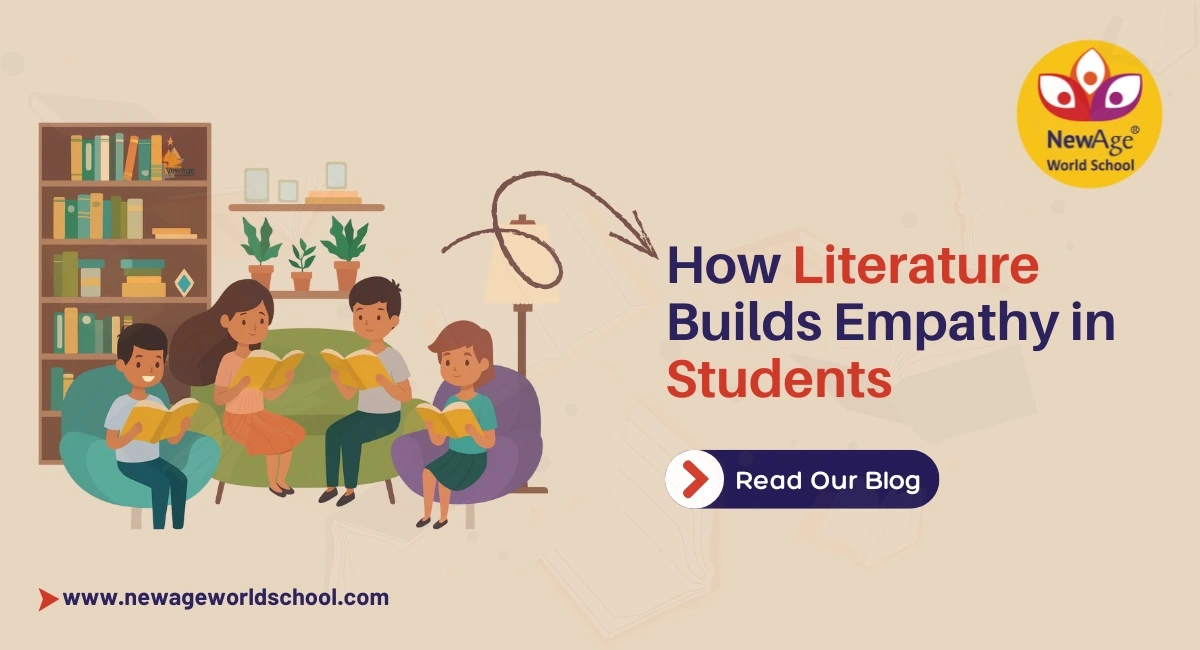



Leave a Reply
Your email address will not be published. Required fields are marked *
Comments
Deepa Palani
Commented On: Aug 29, 2024
Very informative